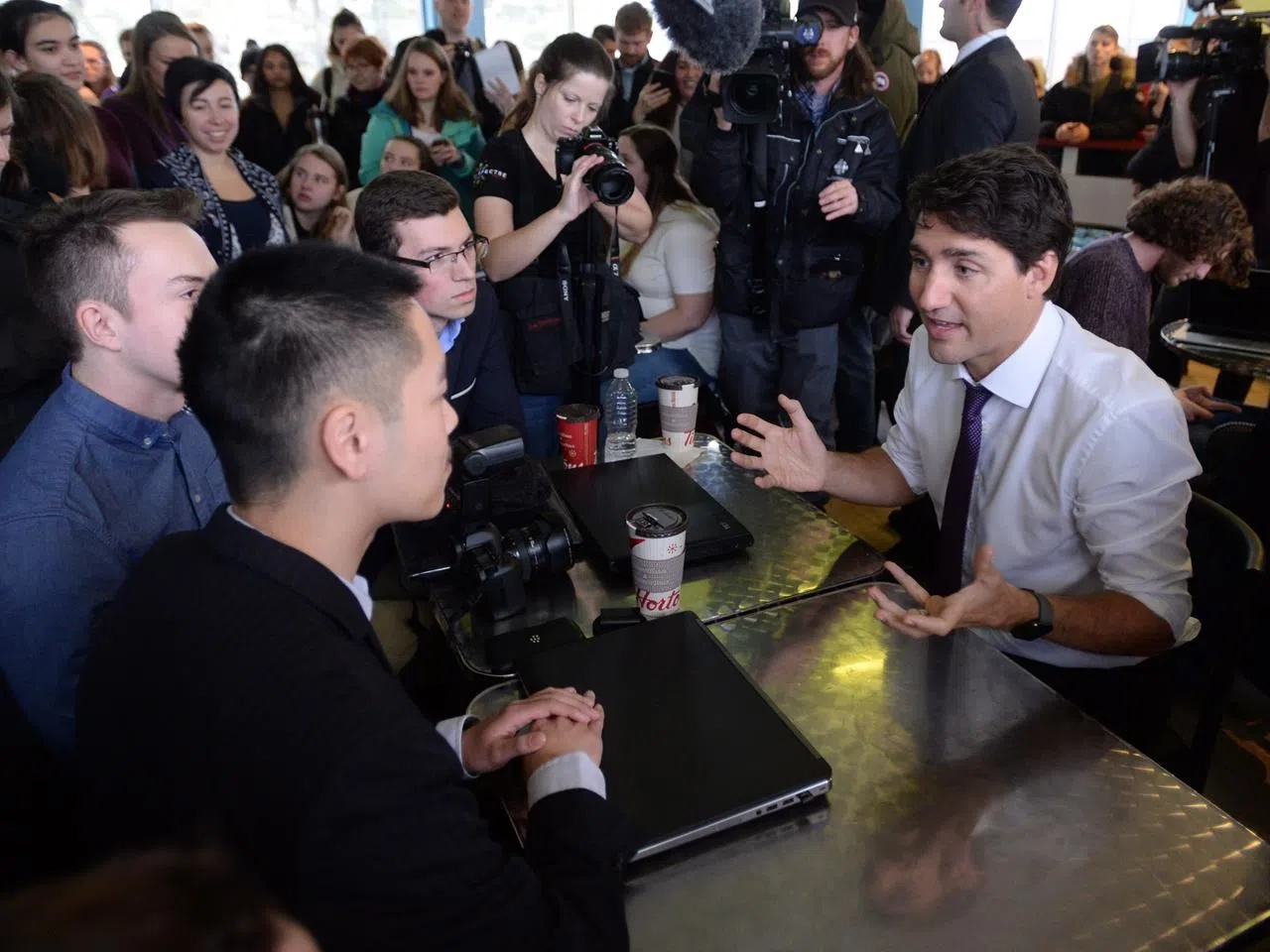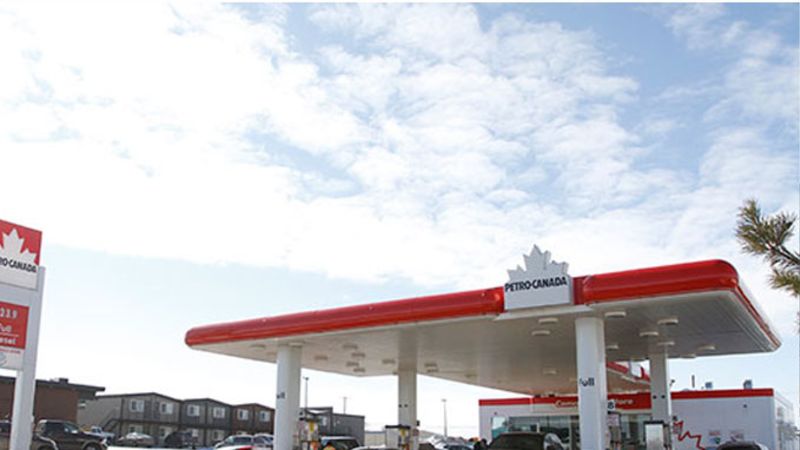
Trudeau says he ‘maybe’ could have spoken some English when asked questions
MONTREAL — Quebec’s deep-rooted linguistic tensions flared up in unlikely fashion Wednesday as Prime Minister Justin Trudeau was forced to explain why he refused to answer questions in English at a town hall meeting.
The controversy erupted when Trudeau answered English questions in French on Tuesday night — including one about how English speakers could get help to gain access to mental health services.
“Thank you for using our country’s two official languages, but since we’re in Quebec I’ll respond in French,” Trudeau told a woman at a town hall meeting in Sherbrooke.
His unilingual performance drew an angry response from groups that represent Quebec anglophones, with some calling on the prime minister to apologize for showing what they called disrespect toward the English speakers in the audience.


